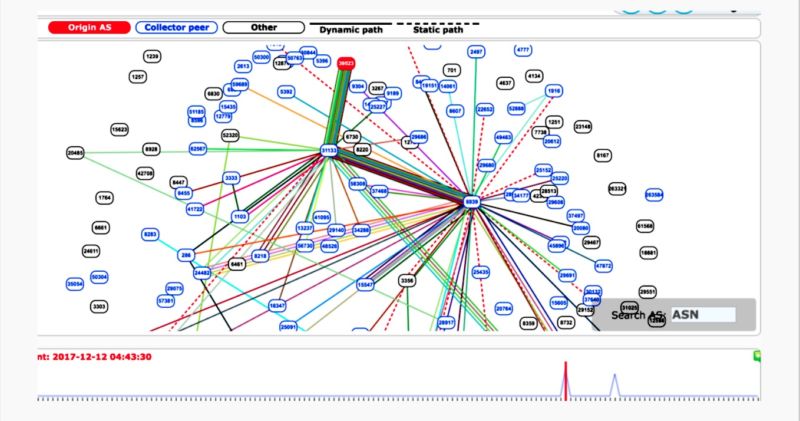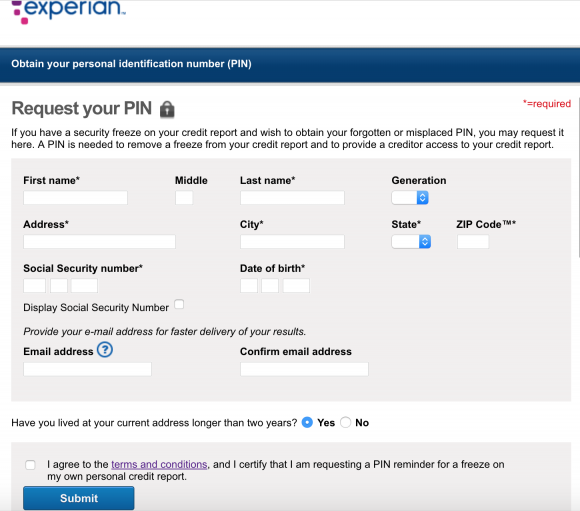Russia briefly hijacked key Internet sites Wednesday through manipulation of BGP, the Internet’s routing tables. In a war, you can bet that the Internet will be one of the first targets. Is Russia testing its plans?
Traffic sent to and from Google, Facebook, Apple, and Microsoft was briefly routed through a previously unknown Russian Internet provider Wednesday under circumstances researchers said was suspicious and intentional.
The unexplained incident involving the Internet’s Border Gateway Protocol is the latest to raise troubling questions about the trust and reliability of communications sent over the global network. BGP routes large-scale amounts of traffic among Internet backbones, ISPs, and other large networks. But despite the sensitivity and amount of data it controls, BGP’s security is often based on trust and word of mouth. Wednesday’s event comes eight months after large chunks of network traffic belonging to MasterCard, Visa, and more than two dozen other financial services were briefly routed through a Russian government-controlled telecom, also under suspicious circumstances.
Source: “Suspicious” event routes traffic for big-name sites through Russia | Ars Technica









